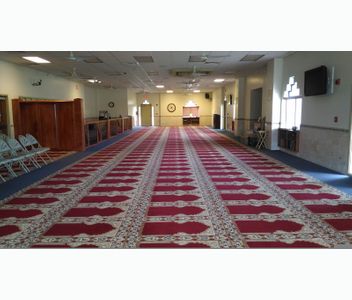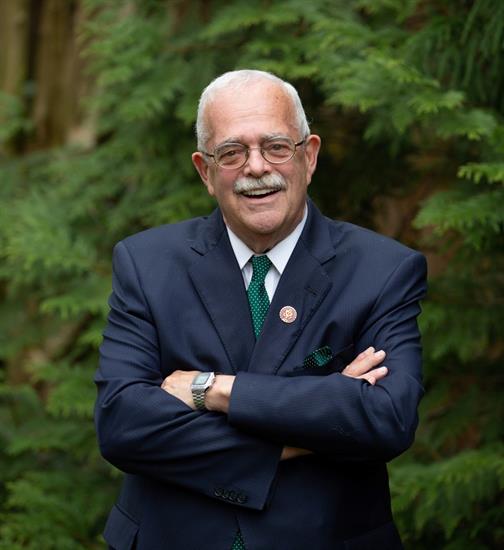What Dar Al Noor Means to Me
This week’s guest contributor is Fyzah Islam, a junior at George Mason University.
Ever since I was a child, Dar Al Noor has played a pivotal part in my life. Being at the mosque induced a calmness that I have missed dearly since the start of the pandemic.
In every way, the Dar Al Noor community is a family full of extended aunts and uncles. Within the walls of this mosque lies a communal feeling that represents itself at the weekly Friday prays. This communal closeness manifests itself throughout the holy month of Ramadan and is celebrated during bi-annual Eid prayers.
I am a proud Gold Award Girl Scout, a Dar Al Noor Islamic Community Center veteran scout. When I was five-six years old, my mother and an auntie started Girl Scout Troop 2341 with just five girls. Today Troop 2341 has grown to become four different troops with nearly seventy girls. My last years as a Dar Al Noor Girl Scout made the need for an expansion clear. Weeknight Islamic School students and Girl Scouts of all different levels piled one on top of another. “We really need conference rooms.”
The foundations I received at Dar Al Noor have brought me this far. Today, I am a junior at George Mason Honors College; I am a fellow with the Global Politics Fellows at Arlington. I have established an umbrella organization called Hygiene for Homeless and been on NBC promoting this project and the Gold Award’s values. I have interned at the Democratic Attorney General Association; I have interned at the Girl Scout Council of the Nation’s Capital under the CEO of Girl Scouts. I was a member of the Human Rights Commission Student Leadership Council; I am an alum of the Sorensen Institute High School Leaders Program.
All these accolades find their grounding at the Thursday night meetings on Dar Al Noor’s second floor, where five young girls create collages, not knowing how much their lives would change under the protective walls of their Mosque.
A year ago, I spoke at the BOCS (Board of County Supervisors) meeting. I talked about how this mosque community has changed my life, how I wouldn’t be as accomplished without this Mosque’s groundings and my family’s involvement. I ended my statements with this, “I ask the Supervisors if the reason for this meeting traffic is or if the definition of traffic has changed overnight.”
The anti-Islamic rhetoric that my community faces has been sugar-coated under the concept of traffic. If the ten-minute wait on Hoadly Road is unbearable, then what is 66, what is 95?
Refusing this expansion based on traffic is a well thought out lie. All around us, we see proof of under-represented communities establish their place across the halls of government, business, law, and medicine. Dar Al Noor provides a foundation to generations of youth who will take their rightful place in these same halls one day. This expansion caters to more Muslim youth.
So, ask yourself, are you refusing this expansion because you can’t wait ten minutes, or are you refusing this expansion because the status quo of underrepresentation benefits you?



